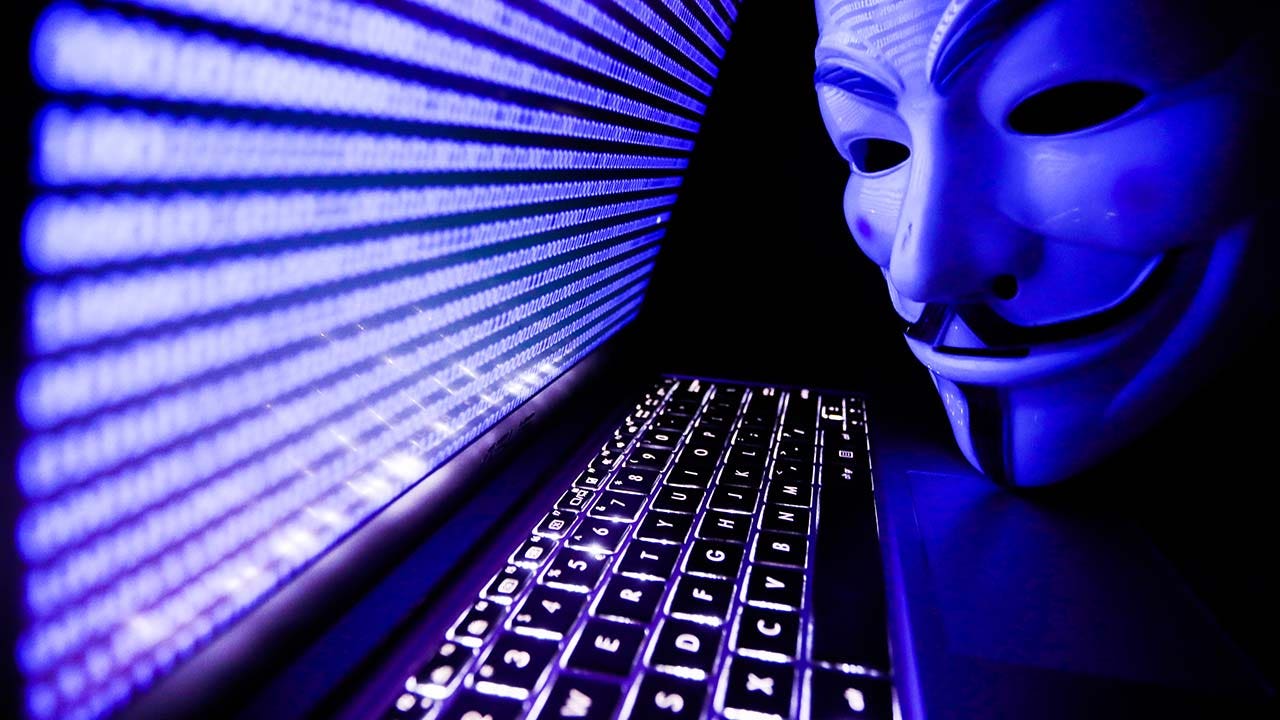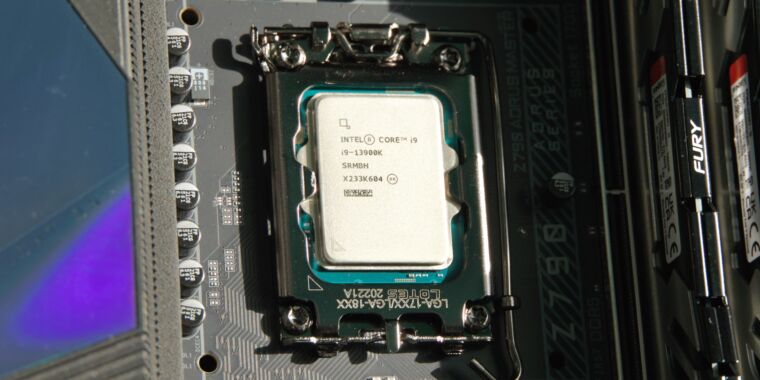Baca Juga:
Is someone (or something) snooping on your computer?
Are you concerned about your online privacy? Many people are worried that their personal information may be exposed to prying eyes. In today’s digital age, it has become increasingly important to protect our online activities from potential snooping.
The rise of cyber threats
With the growing number of cyber threats, it is crucial to stay vigilant to protect your computer from unauthorized access. Cybercriminals are constantly finding new ways to gain access to sensitive information. From phishing emails to malicious software, there are various methods they use to target unsuspecting users. It is essential to be proactive in safeguarding your privacy.
How to identify snooping attempts?
1. Unusual system behavior: If your computer starts running slower than usual or if you notice any unexplained system crashes, it could be a sign that someone is trying to infiltrate your system. Don’t ignore these warning signs and take immediate action.
2. Unauthorized access to accounts: If you find any unfamiliar activity in any of your online accounts, such as emails being marked as read or messages being sent from your account without your knowledge, it could indicate that someone has gained unauthorized access.
3. Strange network activity: Pay attention to your network traffic. If you notice a significant increase in data usage or unusual connections to unknown servers, it’s a red flag that someone may be snooping on your computer.
4. Unexpected pop-ups or redirects: If you frequently encounter random pop-ups or your web browser redirects you to unfamiliar websites, it could be a sign of malware or spyware installed on your computer. These can be used to collect your personal information.
Tips to safeguard your computer
1. Keep your software up to date: Regularly update your operating system, browsers, and antivirus software to benefit from the latest security patches and protocols. This helps strengthen the overall security of your computer and reduces the risk of snooping attempts.
2. Enable a firewall: A firewall acts as a protective barrier between your computer and the internet. Make sure your firewall is turned on to prevent unauthorized access to your system.
3. Use strong passwords: Create unique and complex passwords for your online accounts. Avoid using common or easily guessable passwords. Consider using a password manager to securely store your passwords.
4. Be cautious of phishing attempts: Be wary of suspicious emails or messages asking for your personal information. Avoid clicking on links or downloading attachments from unknown sources. When in doubt, contact the sender directly to verify the authenticity of the message.
5. Regularly scan for malware: Use reputable antivirus software to scan your computer for any malicious programs. Ensure that your antivirus software is up to date to detect the latest threats.
Conclusion
In an age where digital privacy is paramount, it is crucial to remain vigilant and take proactive measures to protect your computer from snooping attempts. By staying informed about the latest cyber threats and implementing security best practices, you can ensure your personal information remains safe and secure. Remember, your online privacy is in your hands.

Baca Juga:
- Instagram enhances DM experience with new features
- Scientists announce groundbreaking solution for dengue in Brazil with genetically altered mosquitoes
- Mysterious Particle Found in Air Poses Risk for Alzheimer’s Development
- Mario fans treated to a trip down memory lane with Nintendo’s latest Switch trailer
- New Exoplanet with Similar Size to Saturn Found by Astronomers











+ There are no comments
Add yours